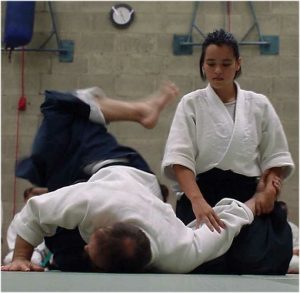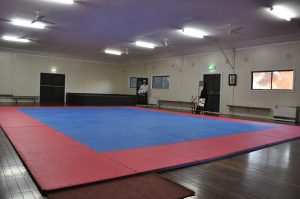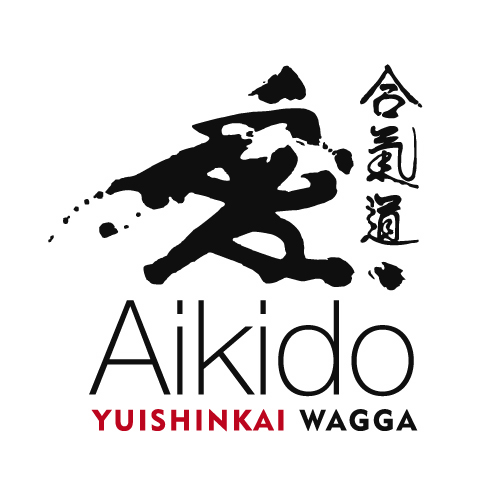 Central to Aikido is the idea of being in harmony with your opponents, rather than in conflict with them. The movement and energy of an attack is redirected without the need for collision or the use of force. The physical practice of this fundamental principle of Aikido leads to a better understanding of people and nature, while teaching essential skills for the resolution of conflict.
Central to Aikido is the idea of being in harmony with your opponents, rather than in conflict with them. The movement and energy of an attack is redirected without the need for collision or the use of force. The physical practice of this fundamental principle of Aikido leads to a better understanding of people and nature, while teaching essential skills for the resolution of conflict.
The movements of Aikido are circular and flowing. They are designed on the principles of nature and move in circles and spirals.
When Aikido is performed well, there is great beauty and composure in the movements of both partners.
Aikido teaches how to harmonise with others’ energy and with the energy of nature.
“Ki” is universal energy which gives life and vitality to all things. The understanding of Aikido principles and developing the ability to direct and use Ki are an integral part of Aikido.
Relaxation exercises, breathing methods, meditation, bokken (wooden sword) and jo (wooden staff) are used to help students master Aikido principles by giving them an opportunity to experience Ki with their own minds and bodies.
Understanding and developing Ki is a way of enhancing your natural strengths and abilities. As you begin to understand Aikido principles, you will in turn develop creative and practical new ways to apply these principles to your daily life.
CONCENTRATION AND DISCIPLINE

The concentration and discipline required for Aikido training brings focus to our daily lives. Aikido challenges us to improve our skills and attempt new things. By achieving these skills, we gain confidence in our ability to maintain stability whenever we encounter difficulty. The first thing you notice about someone is their attitude. If your attitude and thoughts are positive, your life reflects positive results.
Training in Aikido requires consistent and diligent practice. Although as a beginner you might train just once a week, you should be prepared to make a commitment to train at least two to three times a week if you want to make progress in the future.
Sincere and dedicated practice is required to attain a state of being in which philosophy, technique and spirit merge. When there is no longer a distinction between daily life and the practice of Aikido, we truly will be following the “Way of Harmony”.
he concentration and discipline required for Aikido training brings focus to our daily lives. Aikido challenges us to improve our skills and attempt new things. By achieving these skills, we gain confidence in our ability to maintain stability whenever we encounter difficulty. The first thing you notice about someone is their attitude. If your attitude and thoughts are positive, your life reflects positive results.
Training in Aikido requires consistent and diligent practice. Although as a beginner you might train just once a week, you should be prepared to make a commitment to train at least two to three times a week if you want to make progress in the future.
Sincere and dedicated practice is required to attain a state of being in which philosophy, technique and spirit merge. When there is no longer a distinction between daily life and the practice of Aikido, we truly will be following the “Way of Harmony”.

The Aikido dojo (meaning ‘place of the way’) provides a secure and friendly environment where we can begin to see and understand our fears, anxieties, reactions and habits.
Aikido raining is entirely non-competitive and fosters a cooperative and supportive attitude.

